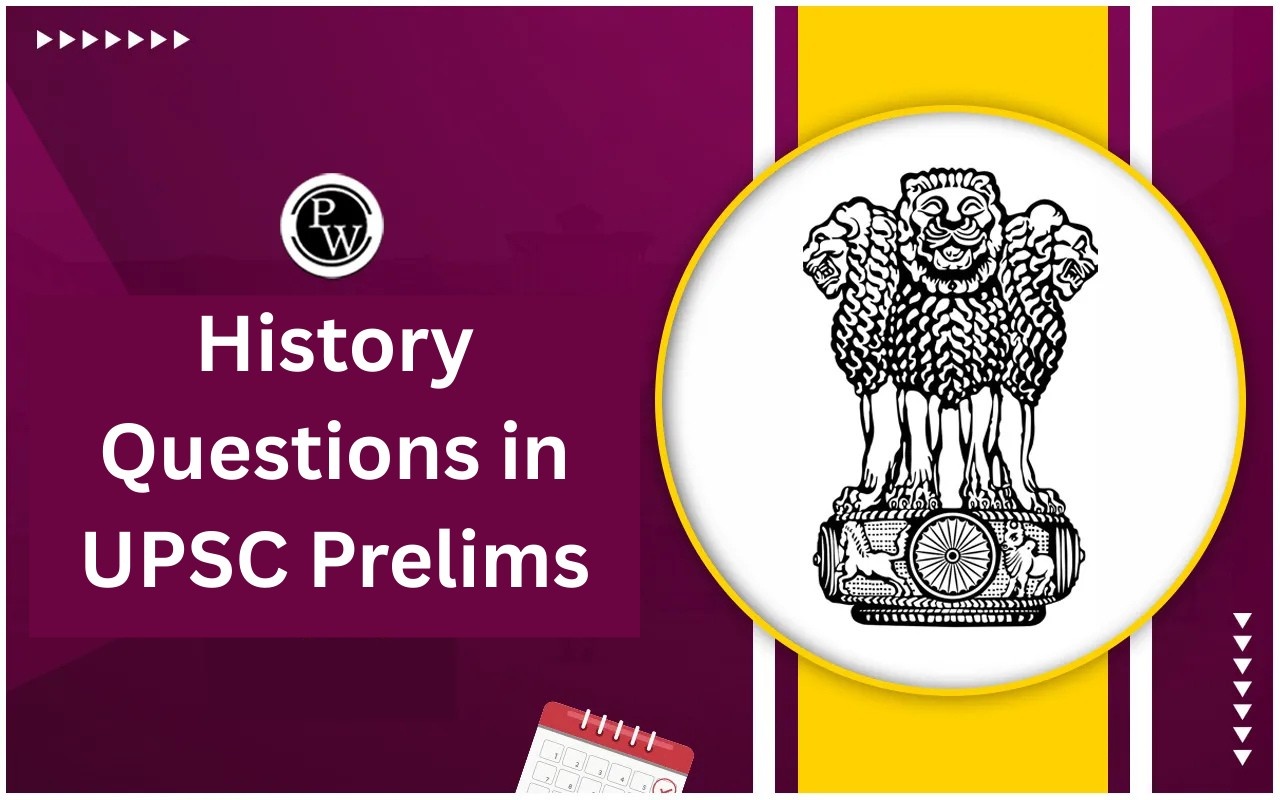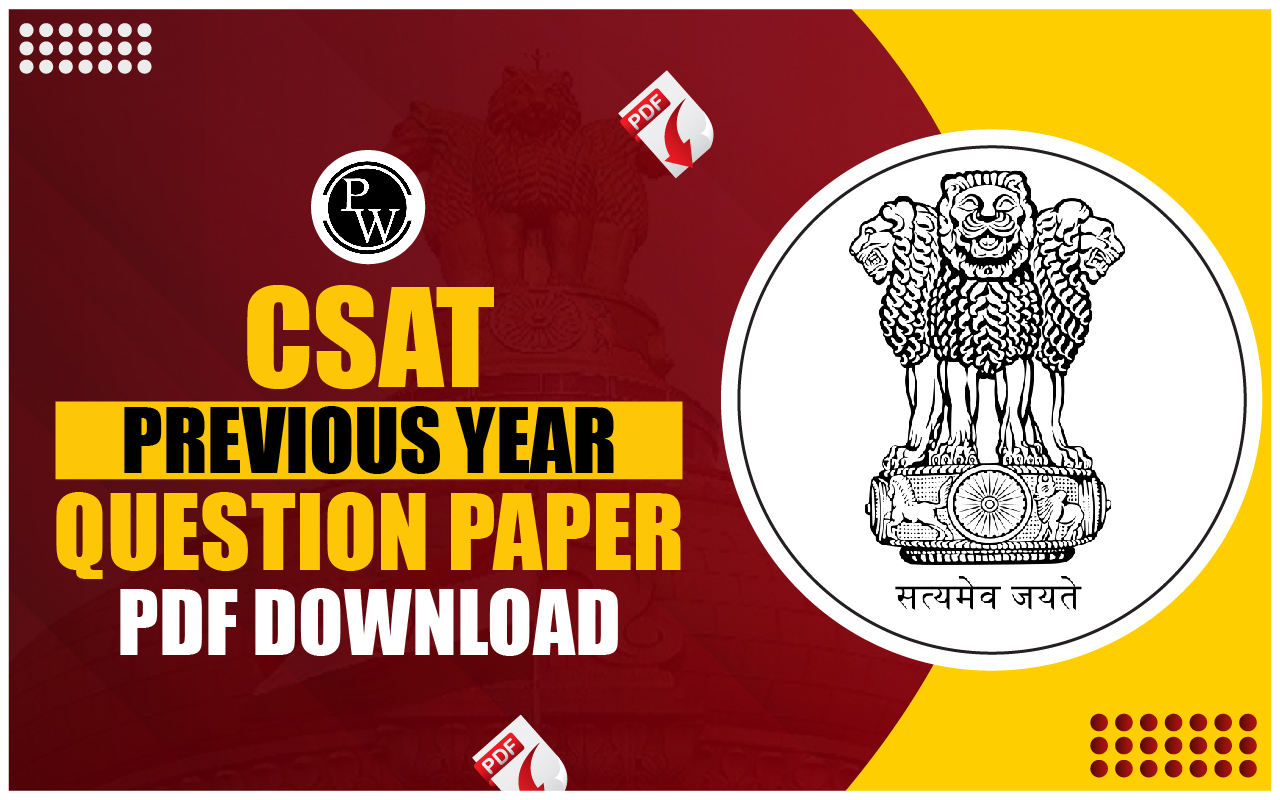
International Day of Democracy 2024 is an important occasion that is acknowledged worldwide specifically to promote democratic values and support human rights. Every Year it is celebrated on 15 September, and it acts as a reminder of the need to establish transparent, accountable, and inclusive governance across the world.
We have created this blog to provide UPSC Candidates with key factual information and insightful content on the International Day of Democracy 2024 , including its history, significance, and theme for this year. Special focus is also given to the features of democracy in India, making it particularly relevant for students preparing for the UPSC exam.
International Day of Democracy 2024 Overview
The International Day of Democracy 2024 is celebrated on September 15 every year. This specific day is important for all as it highlights the universal principles of democracy, such as participation, transparency, accountability, and equality. This day was established by the United Nations and offers a platform to reflect on the state of democracy worldwide, its challenges, and its prospects for the future.
Here is a table that candidates may refer to get an Overview of International Day of Democracy 2024 :
| International Day of Democracy 2024 Overview | |
| Aspect | Details |
| Event Name | International Day of Democracy 2024 |
| Date | September 15, 2024 |
| Theme | Artificial Intelligence as a Tool for Good Governance (un.org/en) |
| Established By | United Nations General Assembly (UNGA) |
| First Observed | 2008 |
| Objective | Promote and uphold democratic principles globally |
| Global Participation | Events, discussions, and initiatives worldwide |
| Focus Areas | Human rights, rule of law, political participation |
| Significance | Highlights the importance of democracy in societies |
| UN Message | Will emphasize this year's particular focus |
What is the Theme of International Day of Democracy 2024?
Every year, the International Day of Democracy is celebrated with a specific theme. The International Day of Democracy 2024 theme is based on the significance of "Artificial Intelligence as a Tool for Good Governance". The theme for the year 2024 is shared by authorities at 'un.org'.
International Day of Democracy History
The International Day of Democracy was established by the United Nations General Assembly (UNGA) in 2007, through a resolution (A/RES/62/7) passed on November 8, 2007 . The goal of this resolution was to strengthen national programs dedicated to the promotion and consolidation of democracy. The resolution also invited all UN member states, organizations, and individuals to observe this day with initiatives aimed at raising public awareness about the benefits of democracy.
The day observes the commitment of the UN to democratic governance, which is central to human rights, social justice, and economic progress. Countries from all around the globe celebrate this day by promoting discussions, workshops, and educational programs on democracy. This initiative generally aims to fill the gap between elected representatives and citizens while addressing challenges like corruption, electoral malpractices, and political exclusion.
Why is 15 September Celebrated as International Democracy Day?
The United Nations decided 15 September as the International Day of Democracy to honour the Universal Declaration on Democracy , adopted by the Inter-Parliamentary Union (IPU) in 1997. It reminds governments and citizens worldwide of their duty to support and keep democratic values such as freedom, equality, and transparency.
For UPSC aspirants, understanding the historical roots of, “ Why 15 September is celebrated as International Democracy Day?” can be useful while answering the questions related to international organizations and their role in promoting democracy.
What is the Role of UNESCO in the International Day of Democracy?
UNESCO (United Nations Educational, Scientific and Cultural Organization) is a specialized UN agency, whose job is to work closely on various global issues like education and culture, its role in promoting democracy involves promoting education systems that encourage critical thinking and civic participation.
The initiative of the International Day of Democracy UNESCO is to promote the idea that education is one of the fundamental tools that can empower individuals to understand their rights, challenge injustices, and actively participate in the democratic process.
Democracy in India
India, as the world's largest democracy, stands as an example of democratic principles and institutions. Indian democracy has evolved since the country's independence in 1947 and remains one of the most dynamic democratic systems in the world.
What Are the Features of Indian Democracy?
Democracy in India is characterized by several unique features, these are:
- Universal Adult Suffrage (Article 326) : Article 326 of the Indian Constitution grants universal adult voting rights , which means every citizen of India who is 18 years or older has the right to vote in elections. This ensures widespread political participation and equal voting rights for all citizens, regardless of caste, gender, religion, or wealth.
- Federal Structure (Article 1 & Part XI) : India’s Constitution establishes a federal structure where power is divided between the Union (Central) and State governments. While Article 1 refers to India as a "Union of States," Part XI of the Constitution defines the distribution of powers between the Union and the States through the Union List , State List , and Concurrent List in Schedule VII .
- Parliamentary System (Articles 74-75, 79-88) : Articles 74-75 specify that the Prime Minister and Council of Ministers are responsible to the Parliament, it ensures that the executive is accountable to the legislature. Articles 79-88 detail the composition and functioning of Parliament , emphasizing the importance of legislative oversight over the executive.
- Independent Judiciary (Articles 124-147 & 214-231) : Articles 124-147 deal with the powers and functions of the Supreme Court , while Articles 214-231 focus on the High Courts . The judiciary is independent of the executive and legislature, and its primary role is to safeguard constitutional rights, interpret laws, and ensure the rule of law is maintained. Judicial independence is a key factor of Indian democracy.
- Secularism (Preamble & Articles 25-28) : The Preamble of the Indian Constitution declares India a secular nation. Articles 25-28 protect the freedom of religion , ensuring every citizen has the right to practice any religion of their choice. The state maintains neutrality in religious affairs, promoting equality among all religions.
- Regular Elections (Articles 324-329) : The Indian Constitution mandates regular, free, and fair elections through Articles 324-329 , which establish the Election Commission of India as an independent body to oversee elections to the Parliament, State Legislatures, and offices of the President and Vice-President. This ensures the legitimacy of the democratic process.
- Diverse Representation (Articles 330-342) : The Indian Constitution provides for the representation of diverse social and ethnic groups. Articles 330-342 safeguard the interests of Scheduled Castes (SCs), Scheduled Tribes (STs) , and other backward communities by reserving seats for them in the Lok Sabha (Article 330) and State Legislative Assemblies (Article 332). This ensures inclusive participation in the democratic process.
These features highlight how democracy in India has succeeded while tackling challenges such as casteism, economic inequality, and regional disparities.
Significance of International Day of Democracy for UPSC Aspirants
It is necessary to understand the importance of the International Day of Democracy for UPSC candidates, particularly in sections related to polity, governance, and international relations . It generally provides a quick and solid foundation for questioning answers related to the role of democracy in global peace, the importance of civic engagement, and the functioning of democratic institutions.
- Democracy in UPSC Syllabus : The International Day of Democracy aligns with key topics in the Indian Constitution and Polity (GS Paper II), essential for understanding democratic frameworks.
- Human Development Index (HDI) : Democratic governance impacts HDI by improving education, healthcare, and economic conditions, important for GS Paper III (Economic Development).
- Democracy Index : Understanding India's fluctuating rank in the Democracy Index helps aspirants analyze political freedoms and civil liberties, relevant for GS Paper II .
- SDGs and Democracy : Link democracy with SDG Goal 16 (peace, justice, and strong institutions) to address topics on governance and sustainable development in GS Paper III .
- Comparative Democracies : Comparing India's parliamentary system with global democracies offers deeper insights into electoral processes and political systems for GS Paper II .
- Ethics and Integrity : Democratic values of transparency , accountability , and good governance link with GS Paper IV (Ethics), important for case studies and essay writing.
Conclusion
The International Day of Democracy 2024 provides a timely opportunity to reflect on the state of democracy around the world and within India. It is a reminder that democracy is not just about elections but also about the continuous participation of citizens in governance.
For UPSC aspirants, understanding the history of the International Day of Democracy , its purpose, and its relevance to Indian democracy will supplement their knowledge base, enabling them to better analyze and address questions on governance, democratic principles, and global political trends.
Celebrating this day globally reaffirms the commitment to keeping democratic values, a sentiment that is deeply rooted in India’s Constitution and political system.
Looking for guidance in UPSC preparation? Enroll in the best courses offered by Physics Wallah!
| Related Article | |
| National Nutrition Week 2024 | Women's Equality Day 2024 |
| National Handloom Day 2024 | Hindi Diwas 2024 |
| International Literacy Day 2024 | World Humanitarian Day 2024 |
International Day of Democracy FAQs
Q.1 What is the theme of International Day of Democracy 2024?
Q.2 Why is 15 September celebrated as International Democracy Day?
Q.3 Who is the father of Democracy?
Q.4 Who started Democracy Day?
Q.5 What are the features of Indian democracy?
Q.6 What is International Day of Democracy UNESCO's role?










